Making Peace With Your Past
The relics of our past speak through emotion and feeling, reminding us that healing isn’t about erasing what we feel, but learning to hold it gently.
My knuckles had turned white against the steering wheel, as if I were holding on for dear life.
My breath raced, keeping frantic time with my heart. I tried to loosen my grip, but it felt like trying to roll out half-frozen pie crust—crackly and stiff, refusing to yield to even my gentlest persuasion. I hadn’t realized how hard I’d been clenching until that moment.
I pulled over and stepped out of my car, hoping a short walk might shake off the tension gripping my muscles.
It’s curious how a simple stretch of pavement can still hold so much power.
In a way, these old stories and sensations are like relics—pieces of who we once were, quietly insisting that we acknowledge them. Is the goal to stop feeling their weight altogether? Or is there something else at play, something more complex—like learning how to carry these memories without letting them carry us?
I don’t know the exact answer.
Yet, as I breathed in the crisp roadside air, I started to suspect that healing isn’t about erasing the emotions tied to painful chapters. Perhaps it’s about giving them their rightful place, acknowledging they’ve shaped us, but choosing not to let them define where we go from here.
What should we feel when we stand before the relics of our ancestors?
If you ever find yourself tagging along on one of my museum excursions, be prepared for a marathon through dusty corridors and softly humming air conditioners.
To me, those drab hallways are portals to the past—if you’re not ready for hours unraveling ancient stories, you might want to grab a coffee and reconvene with me later.
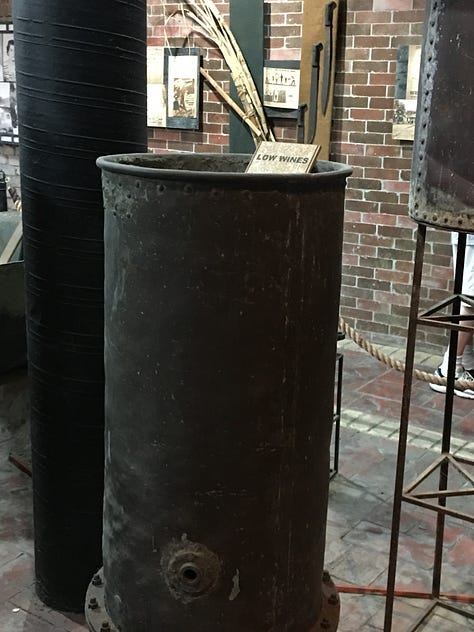
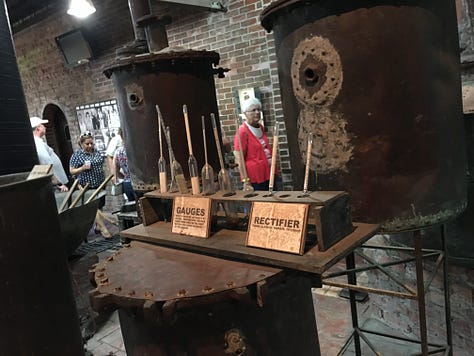

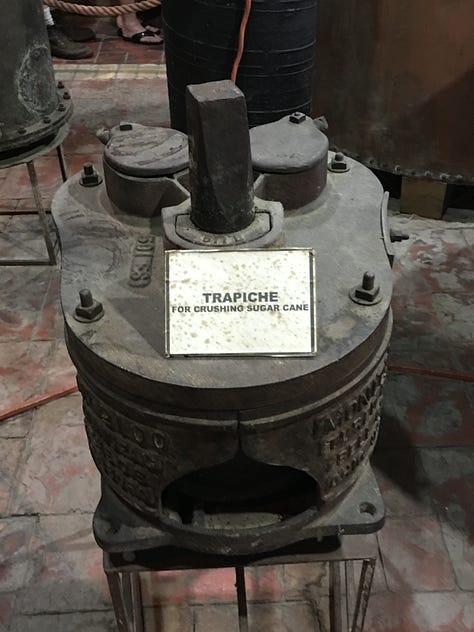
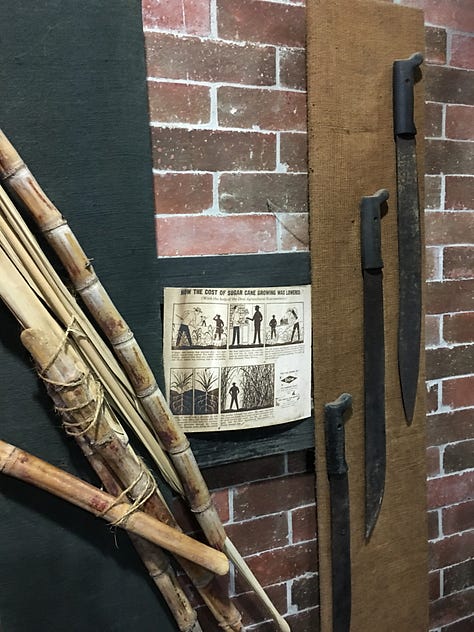
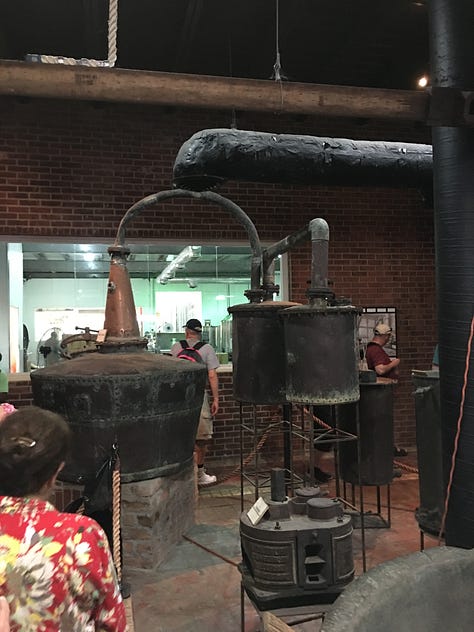
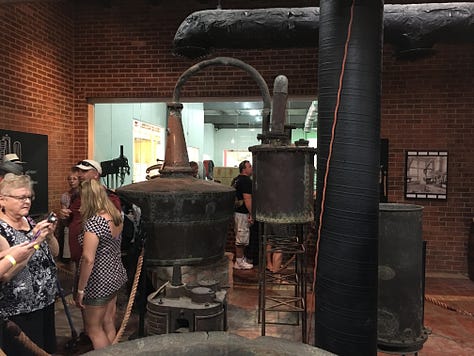

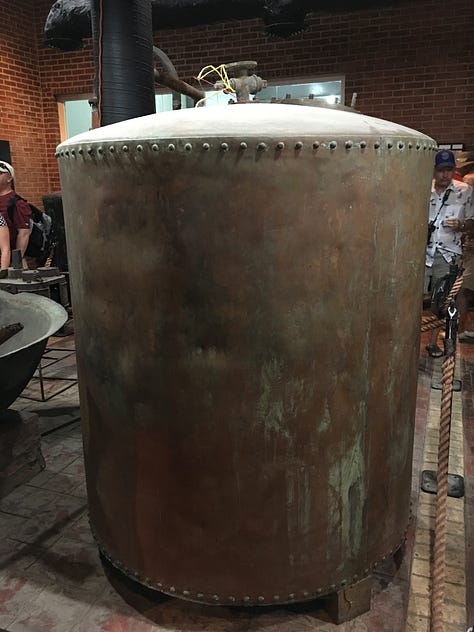
I’m the type who gets completely lost in the imagined worlds behind every artifact.
There’s awe and wonder as I marvel at immense temples and intricate carvings, each a silent testament to human ambition.
I feel sadness for all that’s gone: cultures quiet now, languages long forgotten.
At the same time, I’m thrilled by the promise of new discoveries, still waiting in the shadows of history.
I find myself empathizing with the innovators and dreamers who overcame unimaginable hurdles to build what we now consider ordinary. And how humbling it is to know their genius and perseverance shaped the life I’m living today.
Relics aren’t just objects behind glass—they’re emotional bridges, connecting us to the collective story of humanity.
They’re meant to stir more than a shrug or a quick nod. We’re encouraged—no, gently invited—to lean in and listen to the echoes of voices no longer here.
Likewise, the relics from our own past are meant to awaken our senses. After all, we’re living these nuanced lives filled with triumphs, failures, heartbreaks, and thrills. We aren’t meant to simply shove old memories aside. We’re meant to feel them, to recognize how they’ve shaped who we are today.
But must reconnecting with our past overwhelm us? I don’t believe so.
The more I reflect, the more I think it’s about learning to tread lightly rather than sinking beneath the weight of it all.
By letting these fragments guide us forward—rather than pull us under—we can navigate our histories with a gentler touch.
Because the truth is, it’s entirely possible to hold space for awe, curiosity, sadness, anger, and humility, while still feeling both anchored and liberated. We can honor what came before us, even as we step freely into whatever comes next.




"Because the truth is, it’s entirely possible to hold space for awe, curiosity, sadness, anger, and humility, while still feeling both anchored and liberated. We can honor what came before us, even as we step freely into whatever comes next."
So well said Dr. Lowell, both possible and essential, if only this was taught more often in school, like breathing, it's a life skill.
Beautiful essay. It was poignant to read. I similarly find myself scouring museums and historical sites for the stories of "innovators and dreamers who overcame unimaginable hurdles to build what we now consider ordinary." They didn't know it was all going to work out, or how much others would in the end benefit from their courage and creativity. Thanks for making my day more interesting and beautiful.